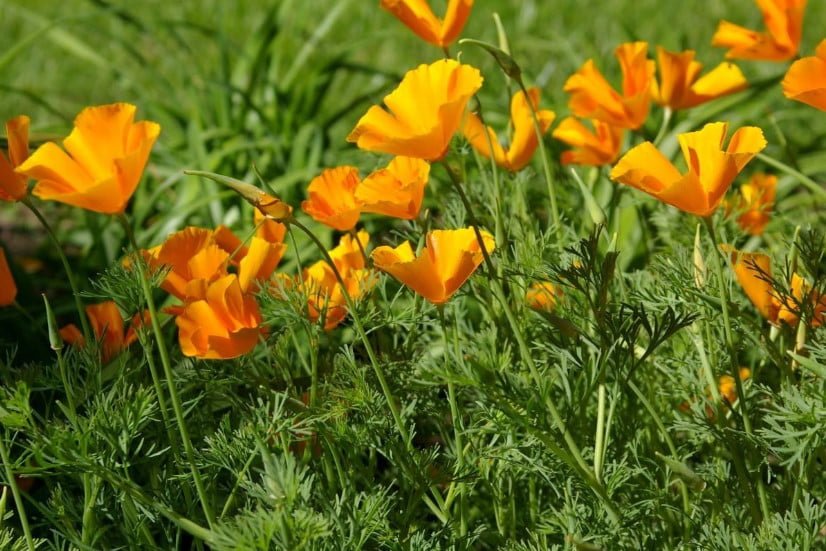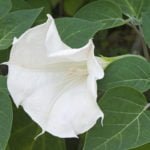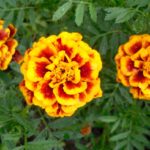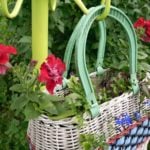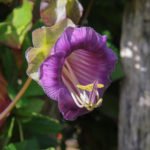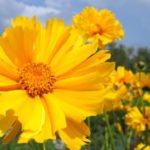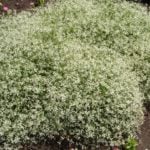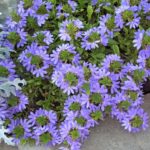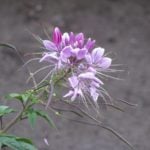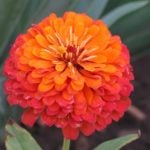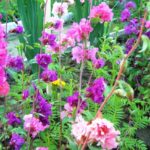Sometimes the joy of purchasing a long-awaited summer house is overshadowed by one circumstance – the poor soil around the house, which is visible even to the naked eye. What to do in this case? After all, I really want the flowers to bloom on the site as soon as possible.
Your desire may well become a reality if you bet on annual flowers in the first year. Some plants you know, others must be unfamiliar to you, etc. It is clear that we will focus only on species, without more capricious varieties.
Anacyclus
There are two types, these are real Spartans who will enjoy flowering and will be able to resist the scant soil.
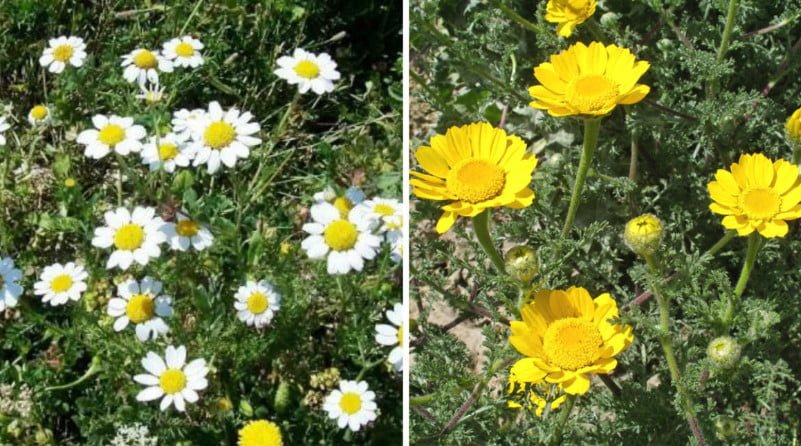
Anacyclus clavatus up to 40 cm (16 inch) Inflorescence – white baskets, with a yellow center, a diameter of more than 5 cm (2 inch); bloom in late June — early July, abundant flowering lasts until late frosts.
Anacyclus radiatus up to 85 cm (33 inch) Inflorescence – yellow baskets, diameter up to 3.5 cm (1.4 inch); bloom in the same time.
Seedlings are sown in the first half of April; in the open ground is planted (frost-resistant) in may, in open Sunny places (drought-resistant), keep the height of the plant within 35-40 cm (14-16 inch). They will be good in your first sunny flower garden.
Arctotis venusta, syn. A. stoechadifolia
The ascetic, the flowering of which poor soils are no obstacle.
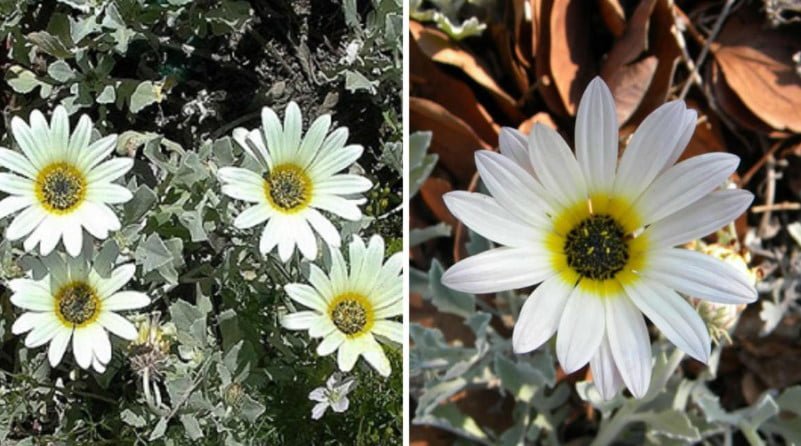
Arctotis venusta, syn. A. stoechadifolia is an interesting silver annuals from South Africa. Its parameters: height up to 60 cm (24 inch), width up to 40 cm (16 inch). Inflorescences – white baskets, with a dark purple center; bloom in late June – early July.
In open ground sown in April, seedlings – in March. Quite drought-resistant, blooms well in the open sun when watering in hot and dry summers.
Crepis rubra
A delicate plant creates a deceptive idea of itself: it grows well and blooms on poor soils.
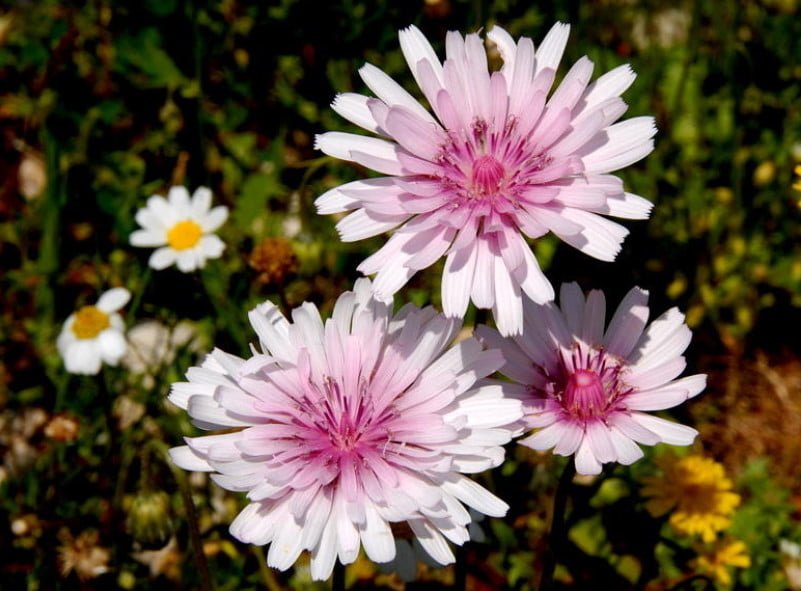
Crepis rubra-outlet annuals from the Balkans, southern Italy, Greece. Its parameters: height 30-40 cm (12-16 inch), width 15 cm (6 inch). Inflorescences – baskets pale pink, diameter up to 2.5 cm (1 inch); bloom in the first half of July and bloom until September.
In the open ground sown in May, nests, adhering to the distance between plants 20-25 cm (8-10 inch); can be through seedlings. In a hot and dry summer, watering is necessary.
Layia platyglossa, syn. L. elegans
Drought-resistant cold-resistant beauty with a resinous aroma – a real find for more disadvantaged cottages.
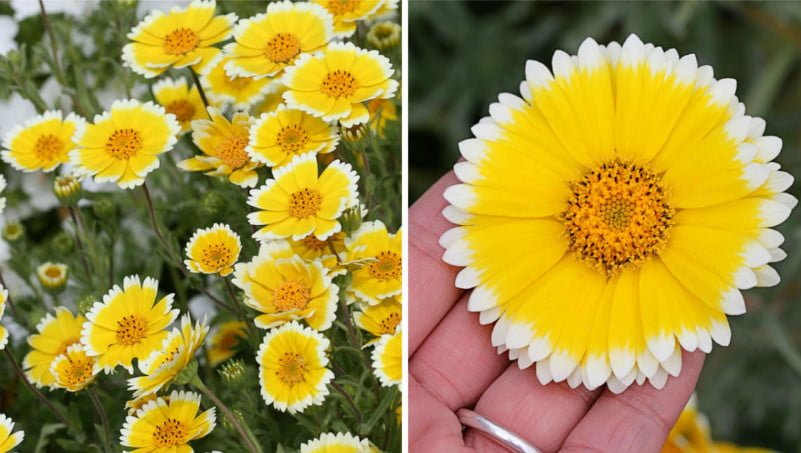
Layia platyglossa, syn. L. elegans is from the USA, California. Its parameters: height-30-45 cm (12-18 inch), width-24-30 cm (10-12 inch). Inflorescences – yellow baskets, with a white border rim running along the reed flowers, 4 cm (1.6 inch) in diameter; bloom from early July, bloom in open Sunny places until late autumn frosts.
In the open ground sown in April, 3-4 seeds in the hole, keeping a distance of 20-25 cm (8-10 inch) between plants.
Linanthus grandiflorus
Lovely little ascetic, often called “mountain Phlox”.
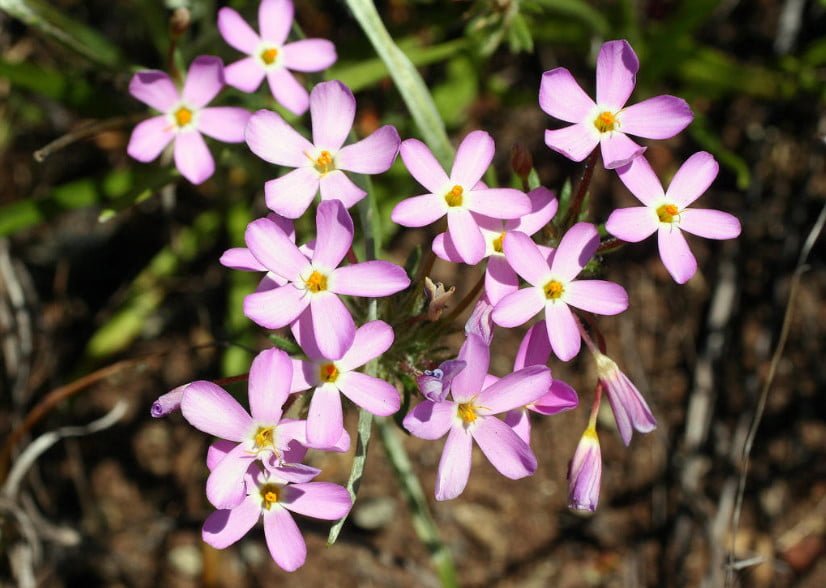
Linanthus grandiflorus comes from the USA, California. Its parameters: height-20-30 cm (8-10 inch) and width-23 cm (9 inch) Needle leaves fluffy, soft to the touch. Flowers funnel-shaped, light pink, diameter up to 3 cm (1.1 inch); bloom in mid-June and bloom until frost.
Effective in rocky gardens in open sunny places; cold-resistant, drought-resistant.
In the open ground sown in May; if necessary, thinned seedlings, leaving a distance between the plants 10-15 cm (4-6 inch).
Matthiola longipetala subsp. bicornis, syn. M. bicornis
“Night violet” is familiar to many summer residents who appreciated its bright evening and night aroma.
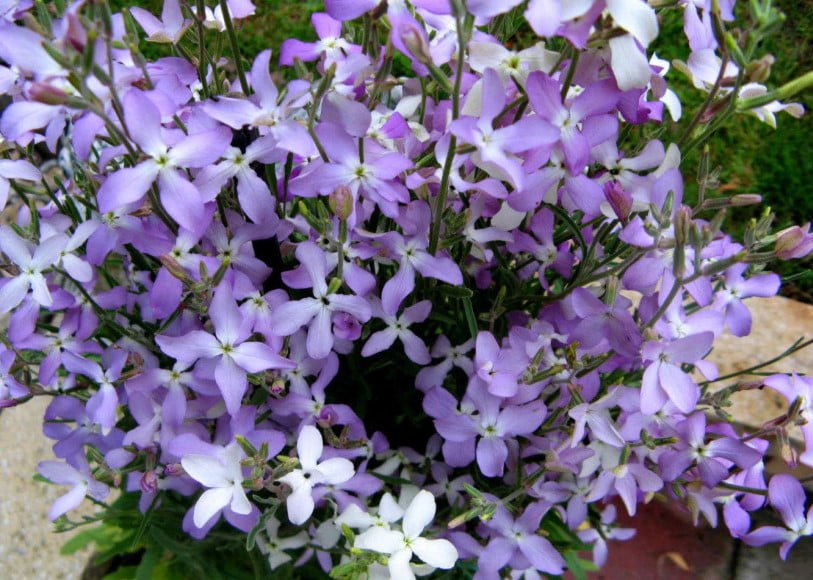
Matthiola longipetala subsp. bicornis, syn. M. bicornis comes from the Mediterranean; in nature it is widespread from Greece to South-West Asia. Its parameters: height 30-35 cm (12-14 inch), width 23 cm (9 inch). Flowers bloom in late June, bloom during the month.
In the open ground, seeds are sown several times during the season: in April, the second and third times with an interval of 2 weeks. In the South, you can sow in winter.
Echium plantagineum
In Australia, it has become a malicious weed, and on European cottages with poor soils behaves modestly.
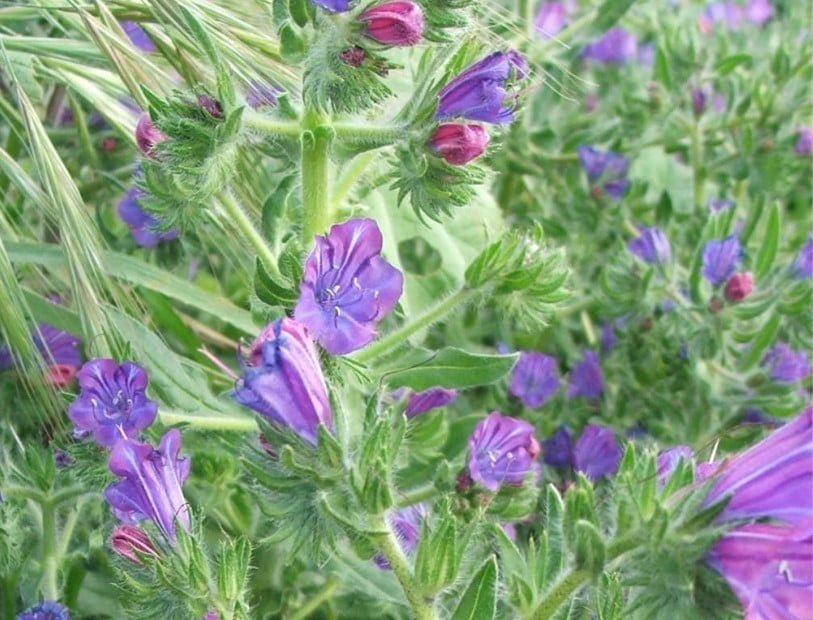
Echium plantagineum comes from Western and southern Europe. Its parameters are: height of 30-48 cm (12-19 inch), width up to 30 cm (12 inch). Flowers are blue, collected in a loose inflorescence, bloom in early July; blooms until frost.
In the open ground sown in May; drought-resistant and cold-resistant.
Achillea millefolium cultivars
They bloom in the first year, which allowed me to bring them in this article, but it’s perennials, perfectly wintering in the open field.
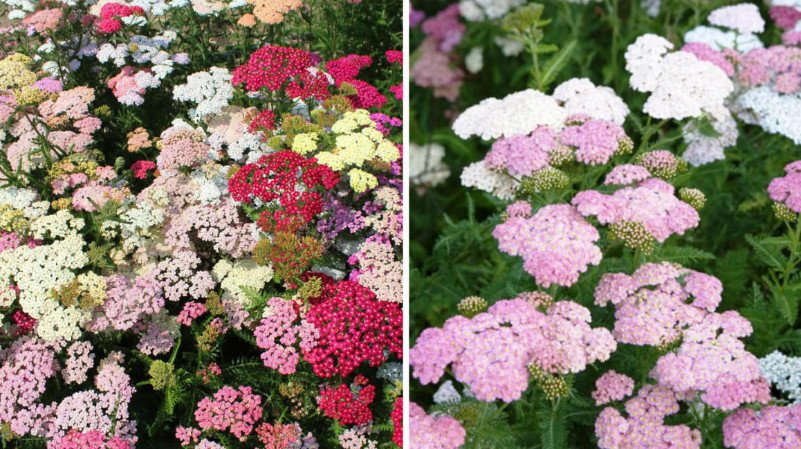
Achillea millefolium cultivars – their average parameters: height and width 60 cm (24 inch). Among them:
- ‘Colorado’ – inflorescences of different colors;
- ‘Summer Pastels’ are mostly pink.
Flowering occurs in June-July, in August may be repeated. Sown on seedlings in February-March, in the open ground-in may, keeping the distance between plants 25-35 cm (10-14 inch)
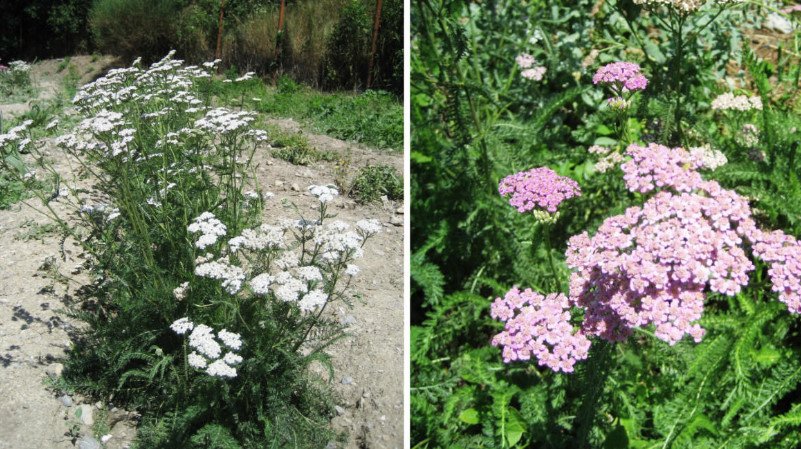
They are good not only in mixborders or rockeries, but in the solitary landing.
Felicia pseudostellaria, syn. Charieis pseudostellaria
A low ascetic with “cold” beauty.
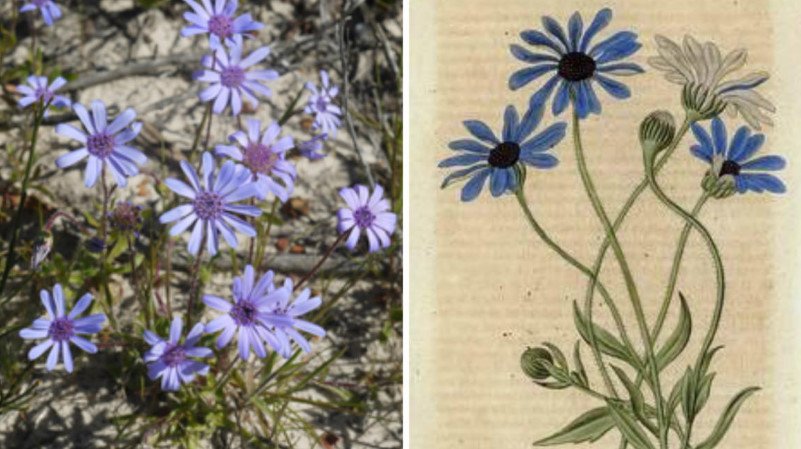
Felicia pseudostellaria, syn. Charieis pseudostellaria native to South Africa. Its parameters: height and width 50 cm (20 inch). Inflorescence – blue baskets, diameter up to 3.5 cm (1.4 inch); bloom in early July, bloom for 2 months.
In the open ground sown in May. It is good on open sunny places, drought-resistant, cold-resistant.
Eschscholzia California
This unpretentious beauty is known by many summer residents.
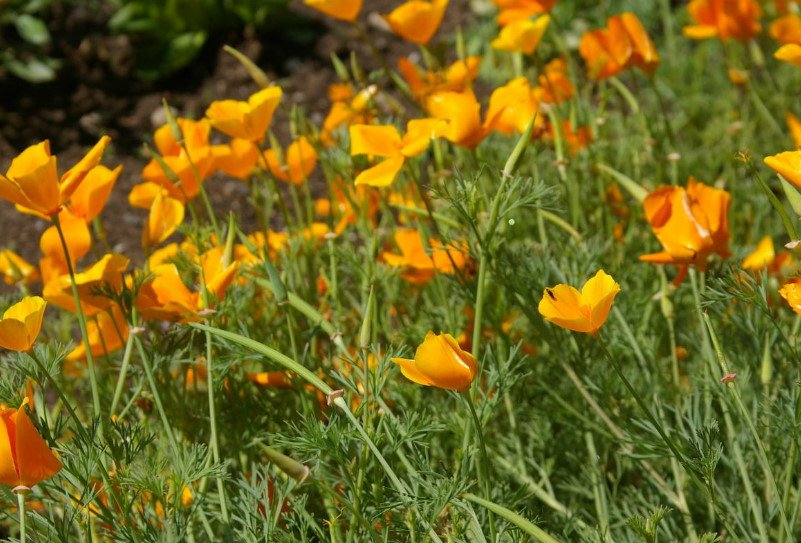
Eschscholzia California comes from the USA (grows from Oregon to California). Its parameters: height 30 cm (12 inch), width 15 cm (6 inch) flowers funnel-shaped, like satin, orange, diameter up to 7 cm (3 inch); bloom in the summer, in the South-from the end of may. Light-loving, drought-resistant and cold-resistant.
In the open ground sown from the end of April; seedlings thinned, leaving between plants 10-15 cm (4-6 inch)
In conclusion, the traditional question is: what annuals do you grow in your country?
